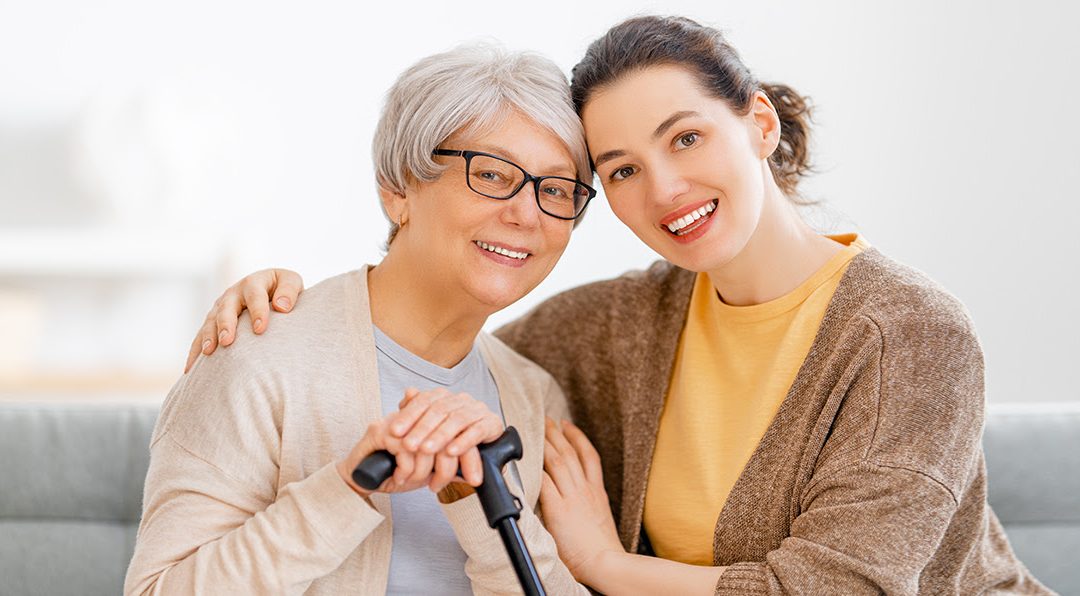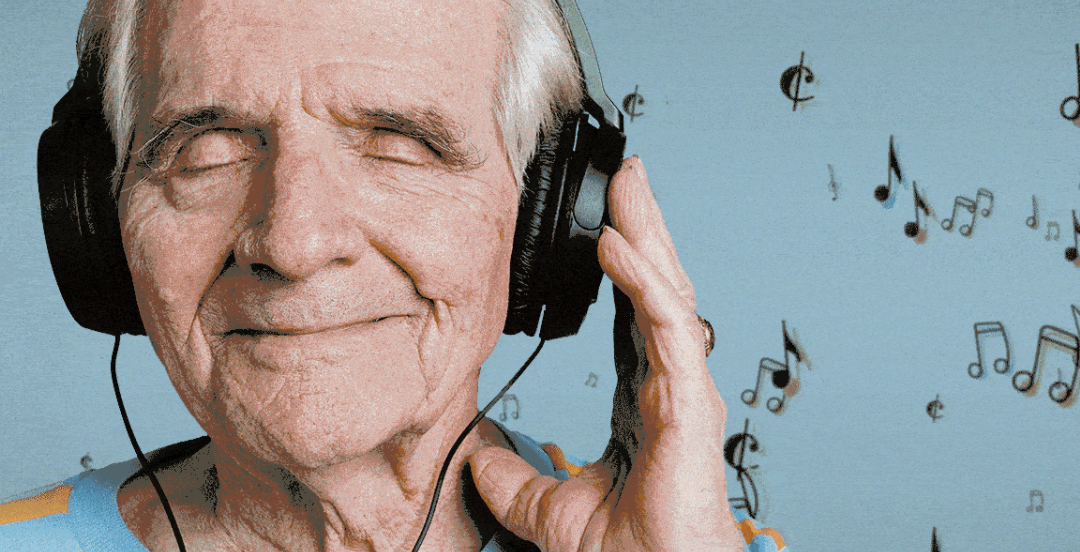
May 17, 2022 | Stroke News
After a stroke or brain injury, a recovering patient’s brain may struggle to control the signals sent throughout the body. This can cause their muscles to become overactive and remain tense for long periods of time – causing spasticity. Muscle spasticity affects about...

Apr 25, 2022 | Stroke News
Life is all about the little things making a vast difference. This can be done just by being in a green space. There’s something soothing and rejuvenating about connecting back to nature. But did you know that getting outdoors can make a huge difference to preventing...

Mar 30, 2022 | Stroke News
One of the hardest things for anyone to do after suffering a brain injury is re-learning how to walk again and it’s a difficult and tiring journey. Thankfully, there are plenty of strategies to help those recovering from strokes or other brain injuries get back on...

Mar 30, 2022 | Stroke News
As much as post-stroke rehabilitation focuses on the patient, it is also critical to keep in mind those who are being the caregivers of the stroke patient and their own health. Being a caregiver is not only a full-time job at home but it also takes a lot of mental and...

Mar 30, 2022 | Stroke News
The road to recovery can be hard during rehabilitation, so keeping stroke patients motivated is not always easy to achieve. Motivation plays a key role in the recovery process because the more willing a patient is to participate in activities, the better the results...

Mar 30, 2022 | Stroke News
Music tastes often link directly to someone’s personality so it’s no surprise that the notion of music therapy helping stroke rehabilitation can be beneficial to a patient. Studies across the world have tested these methods and found that it can help both short and...








